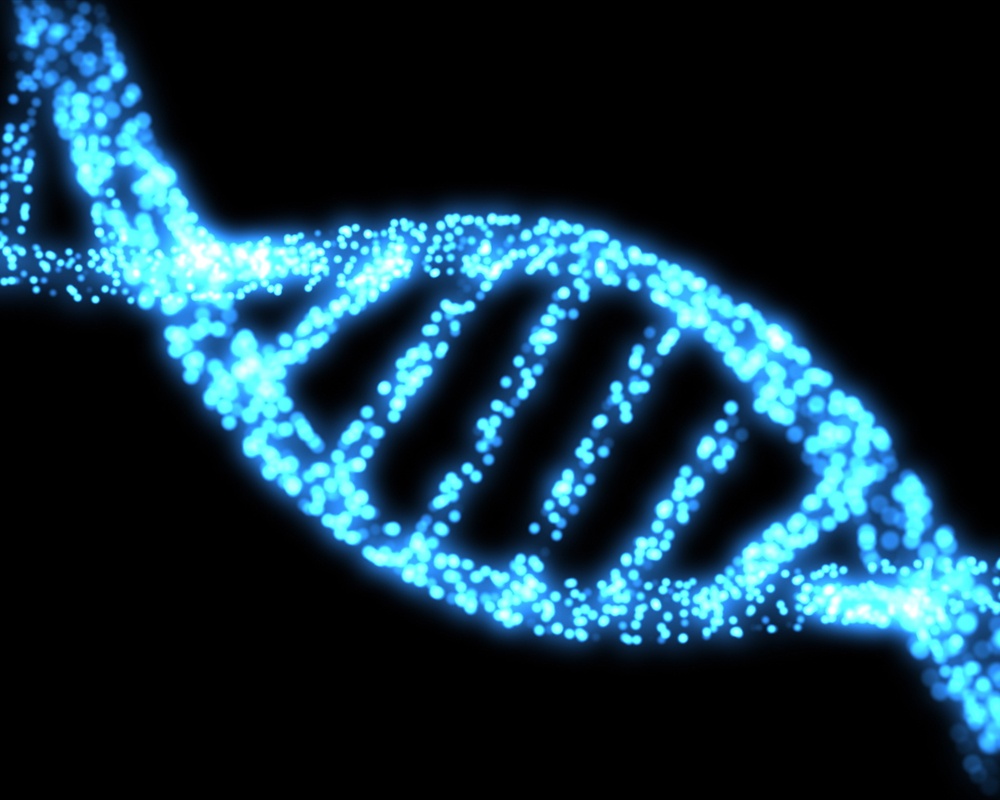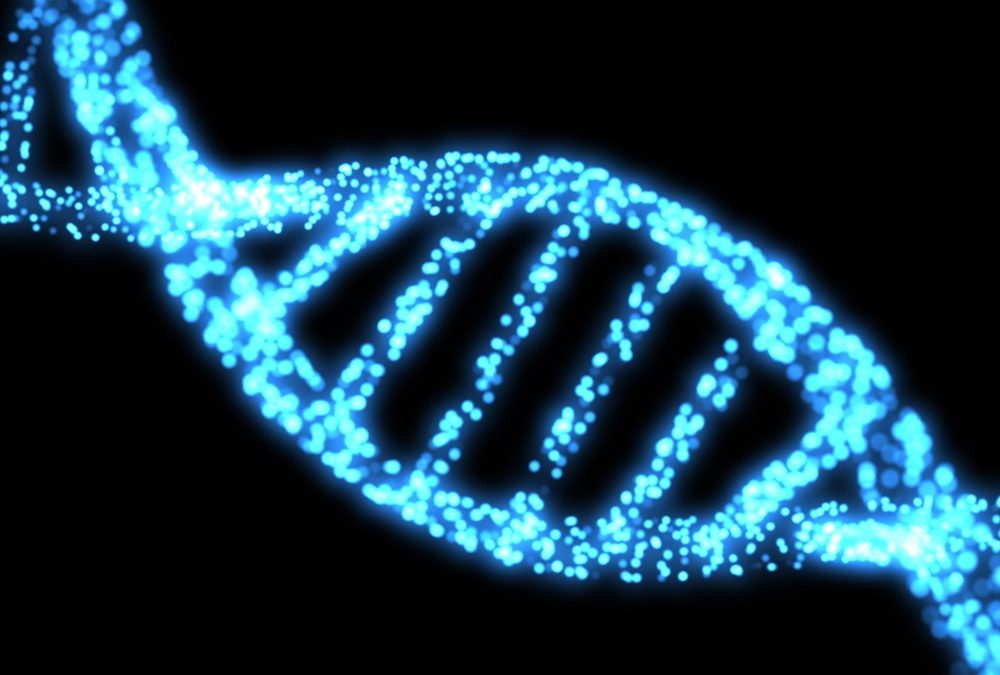
A group of scientists has managed to make changes to human stem cells that control how genes are suppressed or activated. The findings could allow doctors to change genes that are responsible for causing certain diseases and it was recently published in the journal Science.
The research team was led by scientists from the Salk Institute, including Juan Carlos Izpisúa Belmonte and Yuta Takahashi.
The findings are a part of a field of research called epigenetics. It involves making chemical additions or subtractions to DNA. The alterations don’t affect the underlying genetic structure. Scientists hope to make alterations to specific genes in stem cells that eventually cure diseases like cystic fibrosis, Angelman syndrome, and sickle cell anaemia. Gene defects are also linked to certain forms of cancer, including colon cancer and some blood cancers.
This study complements previous work by Izpisúa Belmonte’s lab, where his team developed a technology to modify genes in non-dividing cells. The next step is to test epigenetic modifications on animals.
It can be difficult to test the results of epigenetic treatments because they cannot be made to cells. When the changes are introduced using stem cells, those cells pass modifications onto descendent cells which pass through the body.
The researchers at the Salk Institute have demonstrated that they can reliably program stem cells to pass on these changes. They found the epigenetic changes in descendent cells and the mature cells that they produce.
These findings could lead to stem cell treatments for hundreds of diseases which are currently thought to be incurable. It is a very significant breakthrough for stem cell research and epigenetics.
Source: Second genetic code’ edited in stem cells to study disease-causing changes
{{cta(‘010124f3-c9bc-4a23-b9fc-74953e6288c9’)}}


